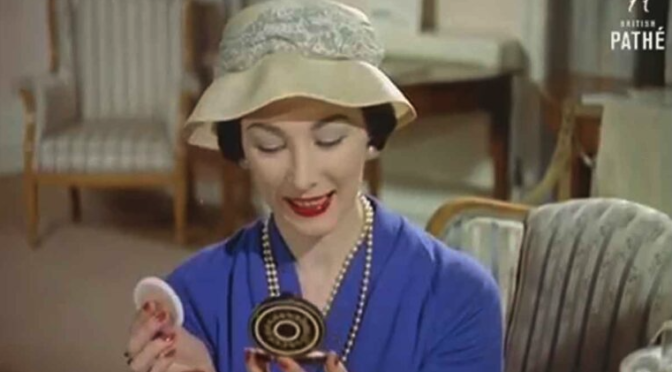In 1908, Pathé invented the newsreel, a short-subject film shown in cinemas prior to feature films. The Pathé Brothers of France owned the world’s largest film equipment and production company, and they saw the benefit of bringing news to life for moving picture fans and thus padding out an afternoon or evening’s cinematic entertainment. In the years before television, people grew to rely on newsreels during their weekly cinema visits to keep up with royal visits, war news, sports, fashion and celebrity events and travelogues that took them to far-away places.
Over time, many short subject films took on a nationalistic bent, and they were used as propaganda tools during World Wars I and II. Some showed women on the home front how to make do with rationed food and fabrics during and after World War II. Others showed teens at play, making them seem like laughable aliens, underscoring the generation gap that caused such rifts between teens and their parents in the 1950s and 1960s and played out in major culture clashes in both cinematic and real life.
News reels often depicted the people of other nations as quaint and exotic, and made women look like vain, silly, laughable lightweights. But they were wittily narrated, well-edited and often visually sumptuous, so they make for fascinating views into 20th century cultural history today.
Pathé short-subject films reached the height of their appeal in the 1940s, 1950s and 1960s in Britain. Many of these shorts involve women being made to look foolish while demonstrating outlandish fashion or beauty trends and inventions, all accompanied by an orchestra playing a peppy tune and a wry male narrator making snappy sexist comments.
It’s always interesting to see how much effort has been put into inventing odd machinery to distract women, perpetuate stereotypes and keep women “in their place.” It still goes on today, of course, but now women’s voices are used to make the narrated hype more palatable and to seem more “empowering” and less demeaning.

